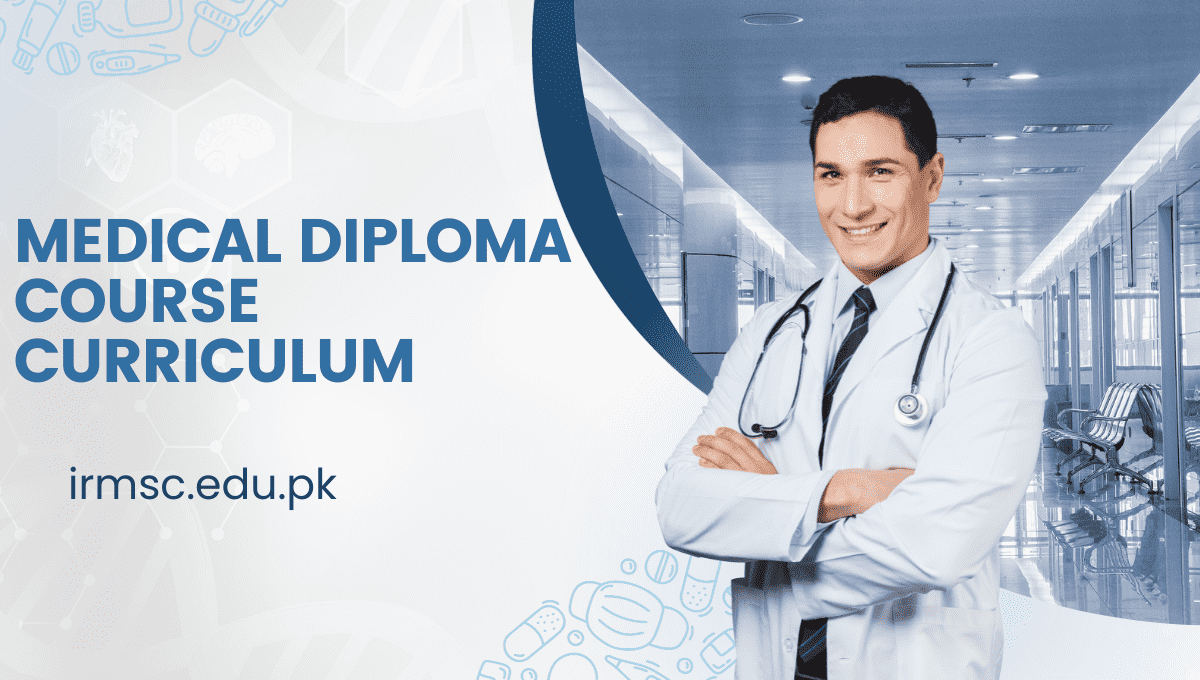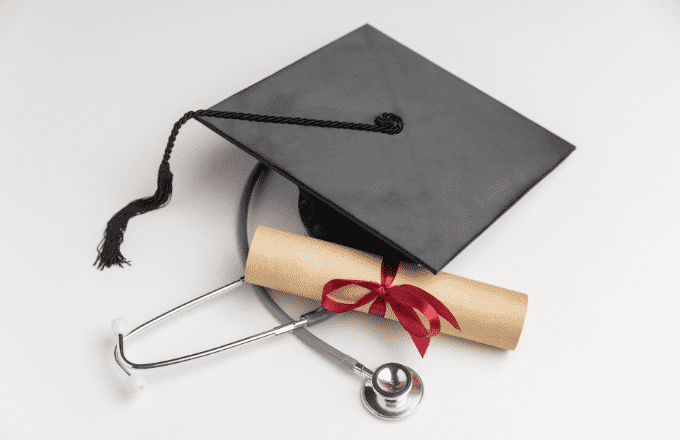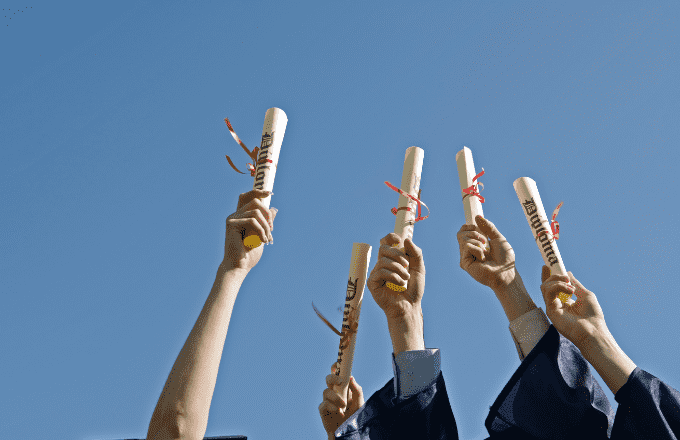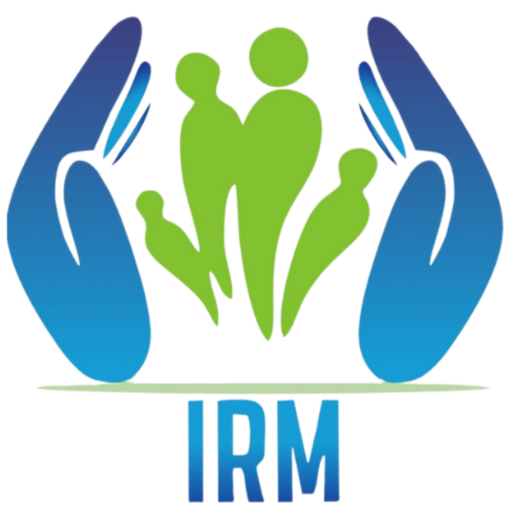
When embarking on a journey toward a healthcare career, understanding the intricacies of a Medical Diploma Course Curriculum becomes crucial. These specialized programs offer a condensed yet comprehensive educational pathway for aspiring healthcare professionals.
In this exclusive exploration, we delve into the key components and vital subjects that shape the foundation of a Medical Diploma Course Curriculum, shedding light on the essential knowledge and skills students acquire while pursuing a medical diploma.
Whether you’re considering enrolling in such a program or simply curious about what it entails, this overview will provide valuable insights into the educational framework that prepares future healthcare practitioners for their crucial roles.
Importance of Medical diploma course curriculum Education
Ever wondered what it takes to save lives? To diagnose ailments and offer treatments? Medical education holds the answer to these and many other questions. It’s more than just a rigorous study routine; it’s about understanding human anatomy, developing essential skills, and incorporating ethics into practice.
The Need to Understand the Medical Diploma course Curriculum
Now, if you’re considering embarking on this path, it’s crucial to familiarize yourself with the medical diploma course curriculum. Knowing what to expect prepares you mentally and emotionally for the rewarding yet challenging journey ahead.

What is a Medical Diploma Course curriculum?
Definition and Types
A medical diploma courses is a condensed form of medical education that focuses on specific areas such as nursing, pharmacy, or medical lab technology. They’re shorter than traditional medical degrees but serve as a stepping stone into the healthcare profession.
Eligibility Criteria
Typically, you’d need a high school medical diploma course Curriculum with a focus on science subjects. Some programs may require an entrance exam or interview as part of the admission process.
Core Subjects in a Medical Diploma Course

Anatomy
The human body is a complex machine. Understanding its structure down to the cellular level is essential for diagnosing and treating illnesses.
Physiology
Ever heard the saying, “Form follows function” In medicine, understanding how the human body functions help in diagnosing diseases and planning treatments effectively.
Biochemistry
Think of this as the software that runs the human machine. Biochemistry helps you understand the chemical processes occurring in the body.
Clinical Training
Objectives
Clinical training equips you with the skills to interact with patients, conduct diagnoses, and provide treatments. In short, this is where theory meets practice.
Skill Development
You’ll acquire hands-on experience in areas like wound care, administering injections, and basic surgical procedures.
Research Elements
Research Methodology
Research isn’t just for Ph.D. students; even diploma students get a taste. Learning the correct methodology helps you contribute to the advancement of medical science.
Areas of Focus
This can range from improving healthcare delivery systems to inventing new treatment options.
Additional Courses & Certifications
First Aid Training
Basic first aid skills are indispensable in any healthcare profession.
Medical Ethics
Here, you learn the ethical considerations you must take into account when practicing medicine.
Examination and Assessment
Internal Assessments
These are typically periodic exams to assess your understanding and skills.
External Exams
These often come at the end of the course and may include practical tests and interviews.
Future Prospects
Career Paths
Upon graduation, you can work as a nurse, lab technician, or even further your education in specialized areas.
Further Education
Opportunities for further education include Bachelor’s degrees and specialized certifications.
Online vs. Traditional Courses
Advantages and Disadvantages
Online courses offer flexibility but lack practical training. Traditional courses are comprehensive but might be time-consuming.
Making the Right Choice
Your choice should align with your career goals and lifestyle.
Importance of Practical Experience
Don’t underestimate the power of hands-on experience; it’s where you apply what you’ve learned and truly understand its value.
Trends in Medical Diploma Courses
Telemedicine
Remote healthcare is gaining traction, and telemedicine modules are becoming commonplace.
Artificial Intelligence
AI is slowly being integrated into healthcare, making its way into the curriculum as well.
Conclusion
Understanding what’s inside a medical diploma course curriculum is like reading the blueprint of a skyscraper; it gives you a clearer picture of what it takes to reach the top. The course equips you with the knowledge, skills, and ethics needed for a rewarding career in healthcare.
Frequently Asked Questions (FAQ’s)
What is the duration of a medical diploma course?
Typically, it ranges from 1 to 3 years.
Do I need any prior medical experience to enroll?
Generally, a high school diploma with a focus on science subjects suffices.
What are the career prospects after a medical diploma?
You can work as a lab technician, nurse, or further your education.
How do online and traditional courses differ?
Online courses offer flexibility, while traditional courses provide comprehensive practical training.
Is research mandatory in a medical diploma course?
While not mandatory, it’s highly encouraged as it contributes to the medical field.



